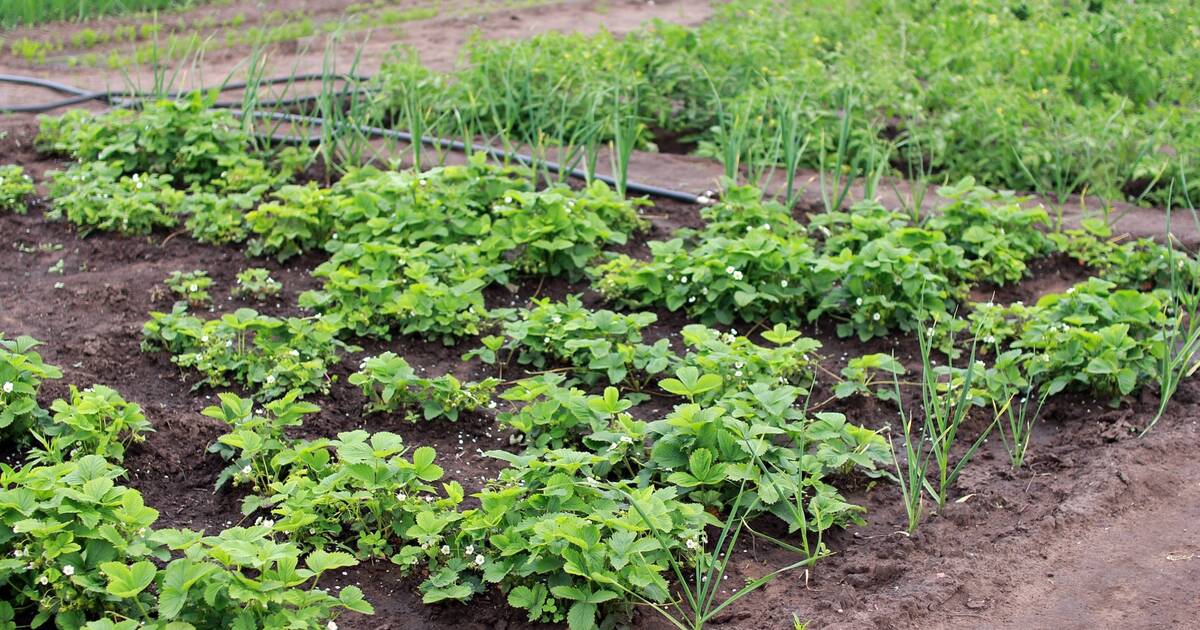
Food insecurity is a growing issue in Toronto, and finding innovative solutions to curb the problem isn't always easy.
Toronto's Board of Health is looking into this complex issue, and one of the solutions they're suggesting is growing produce on or inside the city's infrastructure.
According to Toronto Public Health, the cost of nutritious food in Toronto has risen 7.6 per cent between 2018 and 2019, which is the largest year-over-year increase in ten years.
A report from Toronto's Medical Officer of Health defines food insecurity as "inadequate access to food due to financial constraints."
Whether it's the climate emergency, or our growing rates of poverty and food insecurity, food is a major public health issue in Toronto. @TOfoodpolicy and the Toronto Food Strategy team are key to building a healthy, sustainable, and just local food system. https://t.co/CKElOlPxyJ
— The Stop (@TheStopCFC) October 28, 2019
Kristyn Wong-Tam, vice-chair of the Toronto Board of Health, told Global News growing food in existing or new infrastructure could be a cost-efficient way to provide fresh food to people who need it most.
"We may have rooftop areas in the City of Toronto that are creating heat islands. How do we actually then turn that into a community hub that can also produce food?," she said.
"It reduces green house gas emissions, but at the same time, can we also use that to grow food, fruits and vegetables for the local community that the infrastructure already resides in."
#FoodInsecurity disproportionately affects #marginalized communities, including students. Join us at the 10/29 lunch & learn at #SocialJusticeWeek2019 to understand what food insecurity looks like & what we can do to combat it @RyersonU & #Toronto. https://t.co/rMGaLpNon5 pic.twitter.com/59ayUAAEXV
— Ryerson Soc. Justice (@RyeSJChair) October 26, 2019
Wong-Tam also told Global about the possibility of aquaponics, which would mean growing food in abandoned swimming pools.
"Food insecurity is a significant public health concern," the report from Toronto's Medical Officer of Health states.
"It is associated with an increased risk of chronic diseases, depression, mood and anxiety disorders, as well as mortality. In 2017, almost one in five (18.5 percent) Toronto households experienced marginal, moderate, or severe food insecurity, which is significantly higher than the provincial average of 14.1 percent (Ontario, excluding Toronto)."
If approved by city council, the board of health intends to develop a “food lens” by 2020 with the goal of addressing and eliminating food insecurity by looking into potential food growth in new buildings around the city.
by Mira Miller via blogTO

No comments:
Post a Comment